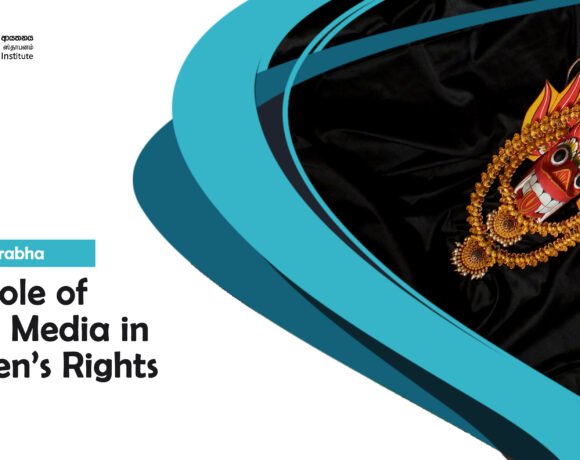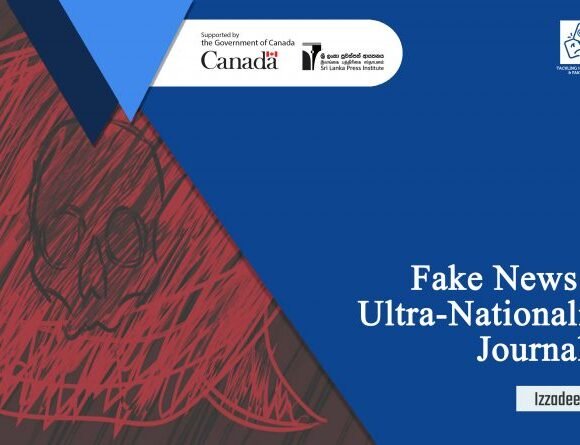
Prevention of Terrorism Act and Democracy
C.J. Amarathunga
MP Rishad Badiudeen is in custody by the time this article is written. Many people think he is on remand, but the informed lawyers point out that he is not on remand.
Police must explain why a person has been arrested under suspicion when police produce a suspect before a court. Police can ask for the suspect remanded and Attorney General’s Department must advise the police on these affairs. A lawyer can represent the suspect and the magistrate decides whether the suspect must be remanded or not. All these are court procedures.
Rishad Badiudeen is an elected MP who is also a former Minister. Some of his acts came under protest. However, when they are studied from any perspective, we can understand that all these are related to the ethnic problem. Therefore, these affairs must be handled with care.
MP Rishad Badiudeed is held in custody without these legal procedures. Prevention of Terrorism Act is used for this purpose. This draconian Act was introduced in 1979 to be used under special circumstances only. Local and international human rights activists have advocated against this Act for a long time.
A person can be detained without a judiciary procedure under this Act. The Minister of Defense has discretionary powers to detain a person whom the Minister thinks engaged in terrorism. No explanation is required for the detention order. The suspect can be detained for three months, and the period can be extended up to 18 months.
This kind of detention is not a judiciary act but an administrative containment.
The present Minister of Public Security is Mr. Sarath Weerasekara. He thinks that Minister Rishad Badiudeen is connected to terrorism. He may be thinking so because of political reasons. All in all, he has detained MP Rishad Badiudeed using his powers without a case against him before a court.
The most dangerous side of this law was displayed when the parliament debated about allowing MP Rishad Badiudeen participate in the parliament meetings. Minister Sarath Weerasekara’s stance was that the MP could not be brought to parliament because he was held under the Prevention of Terrorism Act.
Parliament had met two times by the time this piece was written. The opposition demanded the Speaker that he would be allowed to attend the parliamentary meetings. However, he was not allowed to attend the parliamentary meetings.
Parliamentarians represent people’s sovereignty. They have parliamentary privileges to perform their tasks. The right to participate in a meeting of the parliament is a significant privilege of an MP. If someone obstructs it, that person can be punished under the Parliamentary Privileges Act.
However, the problem was created by Minister Sarath Weerasekara. He requested the Speaker not to allow MP Rishad Badiudeen to attend the parliamentary sessions because he was detained under the Prevention of Terrorism Act. He told that it would be a threat to public security as well as investigations.
Opposition Chief Whip Lakshman Kiriella pointed out that the government had three arguments regarding MP Badiudeen attending the parliament. The first was the argument of the Criminal Investigation that the request to call the MP to the parliament should be done not by the Sergeant-at-arms but by the Speaker. The second argument was set forth at the meeting of the leaders of the parties representing the parliament. Accordingly, the reason was the COVID-19 situation.
The third argument was by Minister Sarath Weerasekara, and it was related to the Prevention of Terrorism Act. Kiriella questioned what the truth was.
Several opposition MPs spoke about parliamentary privileges. Tamil National Alliance MP M.A. Sumanthiran explained the legal background and told that the detention of MP Badiudeen was an administrative matter. He argued that it was not a court order and pointed out that MPs had been traditionally allowed to attend the parliamentary sessions even when they were detained under court orders. He said that the situation changed only when an MP was convicted for a criminal charge.
MP Dr. Harsha de Silva pointed out that administrative action by a Minister could not undermine the parliamentary privileges.
The debate ended when the Speaker promised to give a fair solution to the problem.
All in all, the most important fact is the dangerous situation of the Prevention of Terrorism Act. It has proven that a person can be detained under the Act without evidence. In this particular case, the detained person is a parliamentarian.
Prevention of Terrorism Act paves way to take similar draconian action against any anti-government person with the simple reason of the Minister’s suspicion.
Further, non-offensive acts under normal law are offences under Prevention of Terrorism Act. A person who knew about a terrorist can be sentenced to five years of rigorous imprisonment because of not informing the police. If a terrorist has stayed a single night in a house of a certain person, the house owner can be sentenced to twenty years for protecting a terrorist.
MP Badiudeen has been detained under such suspicion, and mere doubt is enough for the detention.
Those who accused Badiudeen of conspiring for the Easter Sunday attacks did not come before the Presidential Commission to witness.
Eventually, this is not a personal issue of MP Rishad Badiudeen. Prevention of Terrorism Act is a draconian law that can restrict the freedom of any of us.
பயங்கரவாத தடைச்சட்டமும் ஜனநாயகமும்
ත්රස්තවාදය වැළක්වීමේ පනත සහ පාර්ලිමේන්තු ප්රජාතන්ත්රවාදය








